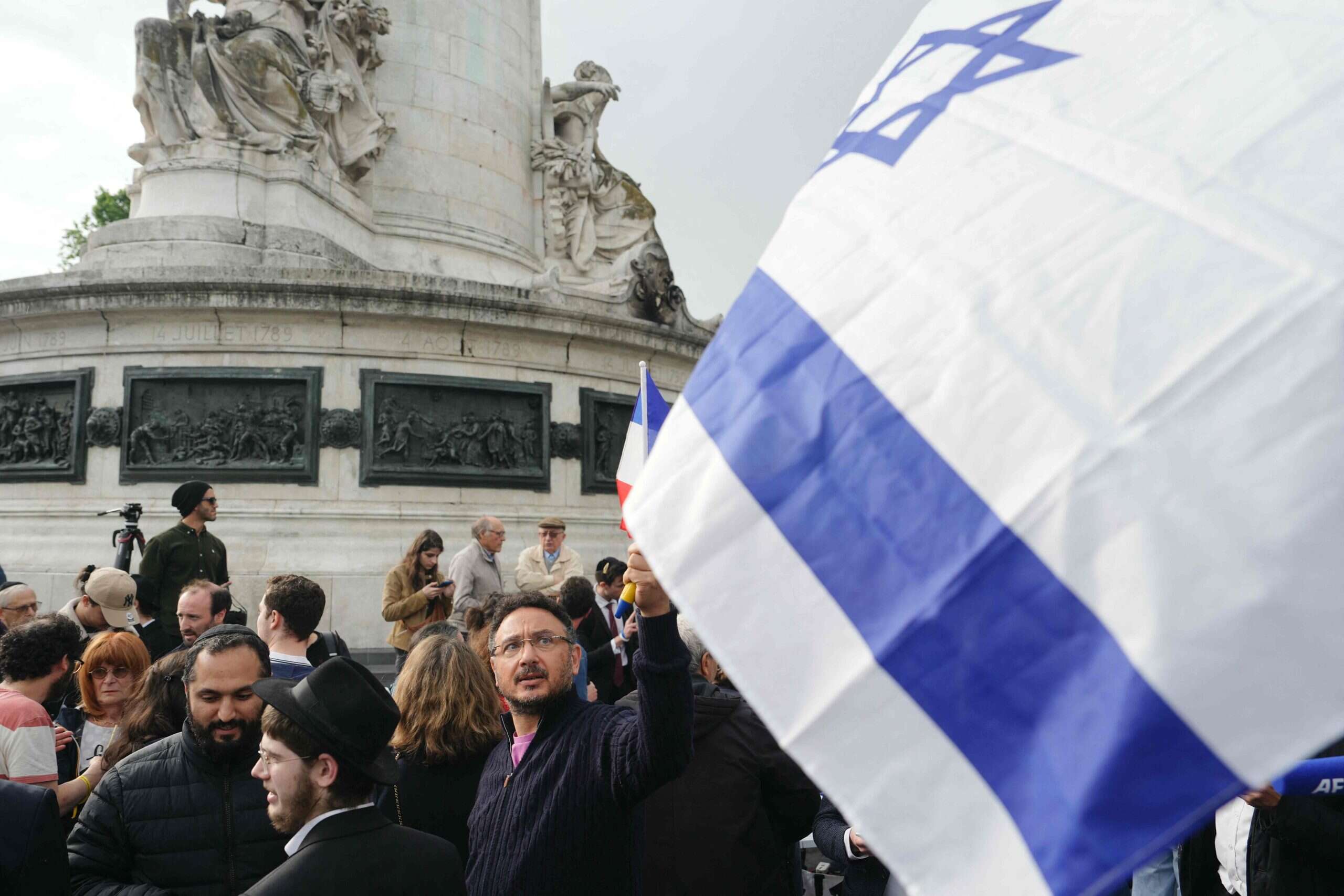The Israeli Declaration of Independence begins with a foundational truth: "In the Land of Israel, the Jewish people arose." Note the precision – the Jewish people, not the Israeli people. Yet today, a striking reality demands attention: Only 45% of world Jewry resides in their designated national homeland, the Land of Israel – unquestionably the most natural place for Jewish life to flourish. While diaspora Jewish communities unfailingly bolster Israel through financial support, political advocacy, heartwarming gestures of solidarity, Israeli flags proudly displayed at their community centers and synagogues, and their youth serving in the IDF, they remain physically separated from the daily Israeli experience.

This paradigm stands at a crossroads of transformation. Not because Israel offers greater security or because life abroad has become untenable – we acknowledge these dynamics fluctuate in both directions. While surging global antisemitism might suggest an obvious correlation with immigration potential, the argument for relocation demands a more nuanced and profound analysis.
The call to world Jewry transcends mere refuge-seeking; it's about embracing a land of destiny. There's growing recognition that the comfortable "American Zion" – that carefully constructed diaspora existence long defended as neither exile nor dispersion – faces fundamental changes. Here in Israel, despite our security challenges, economic travails, and daily struggles, one can live authentically Jewish, dress distinctively Jewish, appear visibly Jewish, and take pride in Jewish identity – all without concealment or apprehension. The thin ice that diaspora Jews have been treading is cracking audibly beneath their feet. From Brussels to London, from Amsterdam to even New York, Jewish communities, particularly the visibly observant, increasingly find themselves calculating the cost of public Jewish expression, seeking invisibility, avoiding becoming targets.
This invitation extends beyond immediate circumstances. This is not because conditions have deteriorated elsewhere but primarily to help construct something more diverse, robust, and sustainable in the Promised Land. There's an urgent demographic imperative: Palestinian leadership, alongside some Arab Israeli voices, explicitly articulates their goal of reversing the Jewish majority – transforming Israel from a Jewish nation-state into a state of all its citizens, challenging us demographically. This isn't paranoid speculation; it's documented in their public discourse. Their demand for 'return' carries explicit demographic intentions. Western Jewish immigration represents a crucial counterbalance to this existential challenge.
This proposition necessitates a corresponding commitment: full partnership in shaping Israel's national character and internal identity. The arrangement must include a fundamental recalibration of Israel's approach to non-Orthodox Jewish denominations. This reform must be integrated into post-war reconstruction, achieved through collaboration with, not opposition to, religious political parties.
The parallel is clear and compelling: As Religious Zionist leaders advocate for ultra-Orthodox participation in national service, they must similarly recognize the imperative of accommodating Western Jewish religious diversity. Authentic national unity demands theological flexibility and inclusive Jewish identity policies that embrace all streams of Judaism.
Current statistics tell a sobering story: The 2023-2024 immigration figure of 31,000 Jews, while showing increased Western interest, remains a mere drop in the ocean. Russian immigrants predominate, with Western nations contributing merely thousands. Though these patterns may shift naturally, we must "strike while the iron is hot" – the synergy between Israel and Western Jewry has never been more critical, both because they need us and we need them.
A powerful historical parallel emerges from Operation Solomon, when Ethiopian Jews were airlifted on Israel three decades ago. Upon arriving, then-Prime Minister Yitzhak Shamir encountered an Ethiopian immigrant girl at the aircraft steps who identified herself as "Jerusalem." His surprised verification – "That's your name?" – met with her unwavering affirmation: "Jerusalem."
This resonates with affluent Western Jewish communities today, who maintain equally deep spiritual connections. The recognition grows that authentic Zionist fulfillment occurs in Zion itself. While diaspora Jewish life can simulate aspects of national identity, the genuine experience remains rooted in Israel. Contemporary Jews share both a covenant of fate and destiny, founded on religious-cultural and historical heritage. Israel's remarkable yet fragile miracle has space for this diversity – indeed, it requires it for its completion.




